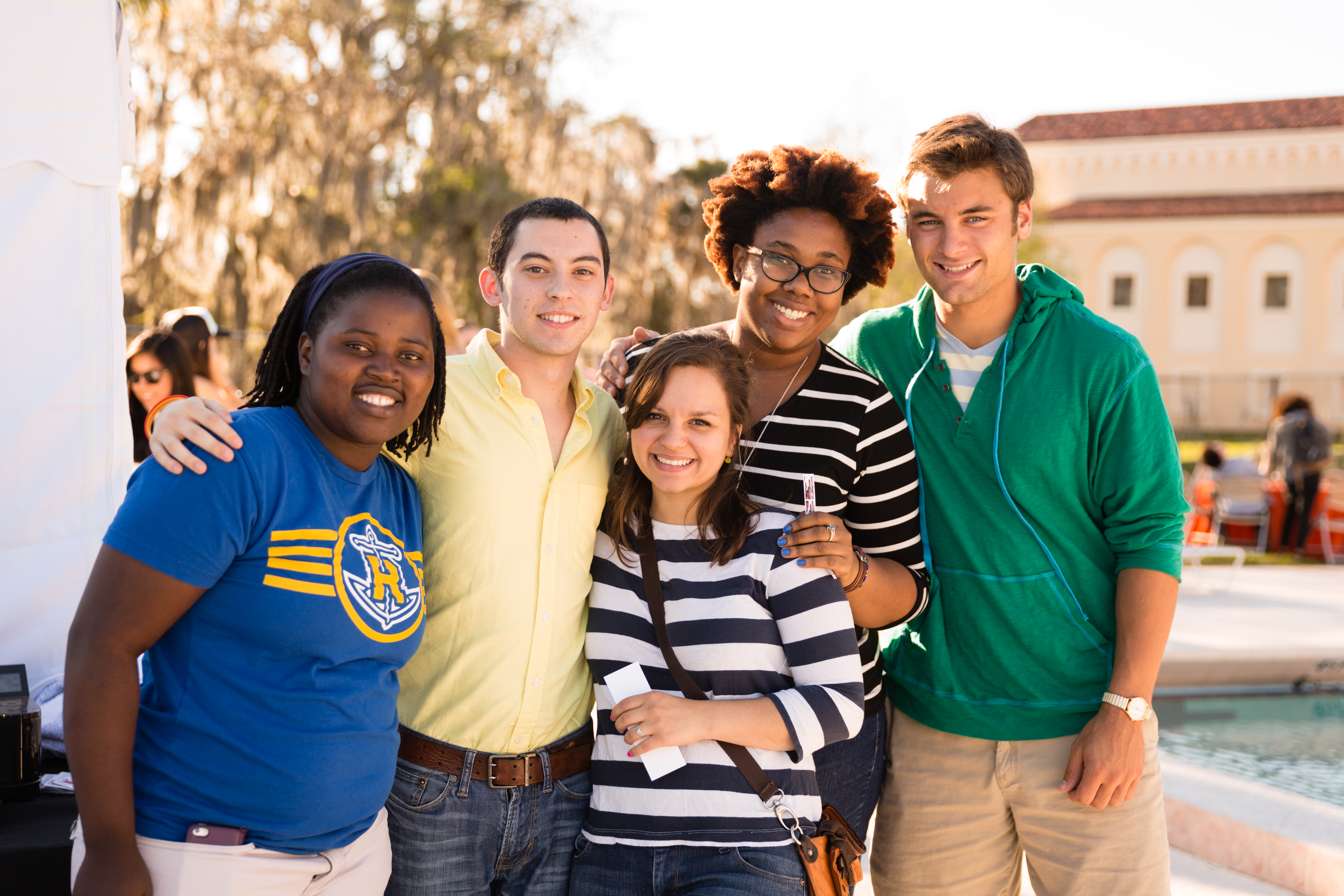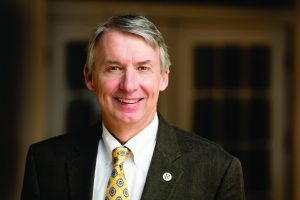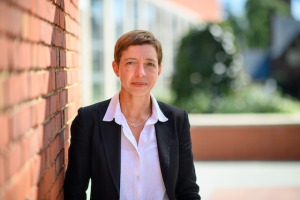The Rollins Diversity Council is an organization representative of both faculty and staff. While the council has existed in different forms on and off throughout the past 20+ years, it has had a steady and influential presence in the campus community since 2008.
The Diversity Council seeks to foster and model a campus environment that is welcoming, safe, and inclusive to all of our administrators, faculty, staff, and students. We view differences (e.g. nationality, race, gender, age, sexual orientation, socioeconomic class, physical ability, learning styles, perspectives, etc.) not as obstacles to be overcome, but as rich opportunities for understanding, learning, and growth.
Our Statement of Purpose is one that directly supports Rollins’ institutional mission of educating students for “global citizenship and responsible leadership”. The empowerment of students to “pursue meaningful lives and productive careers” is inarguably the inherent objective behind the delivery (and pursuit) of a comprehensive liberal arts education, for which Rollins is nationally recognized.
The Rollins mission reads as such: “We provide opportunities to explore diverse intellectual, spiritual, and aesthetic traditions. We are dedicated to scholarship, academic achievement, creative accomplishment, cultural enrichment, social responsibility, and environmental stewardship. We value excellence in teaching and rigorous, transformative education in a healthy, responsive, and inclusive environment.”
And yet, while our mission embodies a social justice framework and tradition, the 2014 Student Campus Climate Survey on Diversity & Inclusion revealed that at least a quarter of our students have experienced harassment or insensitive treatment on campus based on some aspect of their identity.
The percentage of students reporting harassment or insensitive treatment with respect to race/ethnicity is higher among African American/Black (38%), Bi/Multiracial (32%), Asian/Asian American (22%), and Latino(a)/Hispanic/Chicano(a) (19%) students than among White/Caucasian/European American (5%) students across all three schools.
When students were asked specifically about their feelings of non-belonging, they spoke to persistent micro-aggressions that they experienced or witnessed as a result of their race/ethnicity/nationality in addition to other factors.
As Rollins moves forward with its goal of creating a more diverse, equitable, and inclusive campus, it is increasingly important to consider the experiences of our own community members as well as the status of the national landscape as it relates to prominent social movements based on issues of race, ethnicity and nationality.
There is no better time than now to challenge ourselves to move toward a more socially just and inclusive campus—for the sake of our community, yes, but most importantly, for the sake of our students. The Council fully supports and stands in solidarity with those students, staff, and faculty who live, work and operate on the margins of our community daily.
The Council raises its collective voice in support of those who have been silenced. It must be acknowledged that the impact Dr. Maurice O’Sullivan’s piece had on many students and colleagues of color was unfavorable. People of color, both nationally and on Rollins’ campus, are experiencing fear and pain that many in our community are sufficiently privileged to never have to understand.
In his opinion piece, Dr. O’Sullivan critiqued the scheduling of the Summit for beginning with a free speech debate on March 17, which is also St. Patrick’s Day. His piece brought to light the importance of inclusivity, but also missed a significant point: the Summit is an opportunity for celebration and education of cultural heritage. The points raised in his article on the history of St. Patrick’s Day align entirely with the topic of ‘Racial Justice at Rollins and Beyond’.
Additionally, the history of “a colonial effort to force the Irish to become more British” sounds incredibly analogous to the current state of our nation with respect to the forced assimilation and conformity of blacks along with all immigrant communities of color.
In the 21st century, we can replace “Irish” with “Black Americans” and “British” with “white” and the cyclical nature of history quickly becomes clear.
The Summit on Transforming Learning gives us an opportunity for open dialogue, an opportunity to initiate healing, and an opportunity to support and learn from one another. It has been an annual event in the Spring for the past 11 years. It brings together scholars, practitioners, and students to engage in dialogue centered around mission-driven pedagogy and practice that elevates a contemporary liberal arts ethos and environment.
The Diversity Council stands in gratitude to the organizers of the Summit for focusing the theme of the event on diversity and inclusion for the past two consecutive years. This event is an opportunity to challenge ourselves to move toward a more socially just and inclusive community.
Conference-style sessions at the Summit will include a wide-range of topics from Hispanic diversity to the tenure process for faculty of color, racism in education, white privilege, and many more. For some, it will be the beginning of a crucial conversation that, for others, has been ongoing on this campus for more than 20 years.
The Diversity Council fully supports and endorses the Summit and this year’s focus on advancing racial justice at Rollins, in the nation, and throughout the world. The Summit is not an obstacle to be overcome, but rather an opportunity to create understanding, learning, and growth. All faculty, staff and students are invited to participate and more information on the summit can be found on Rollins website.
This article was a response to Dr. O’Sullivan’s February 18 article, “Professor questions Rollins’ multicultural efforts.”











As a response to all of the responses to the editor, I would like to point out another opinion piece as more food for thought: http://www.thedailybeast.com/articles/2015/03/15/the-privilege-of-checking-white-privilege.html